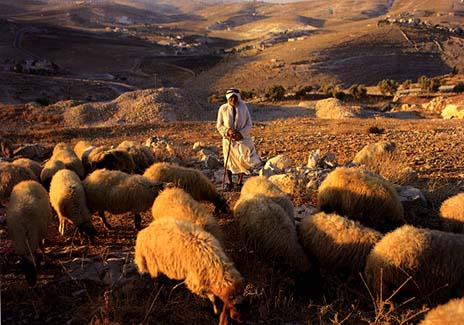I have no childhood memories of whole milk. The reign of skim had been already established by the time I was five.
"What is this?" a Eureopean houseguest sniffed in disgust at the skim milk offered with his coffee. Ma started hoarding an emergency small bottle of lowfat in the freezer.
There has been a gradual shift in power. First, there was an experimental dabble with 1% milk, which was quite luscious.
Then, the discovery that would change everything.
In the last few years, I have been having week-long stomach bug attacks with alarming regularity, to such an extent that the perks of weight maintenance was overrode by my fear of dangerous inflammation. I searched frantically and came across this article, which claims that certain lipids that are present in whole dairy but absent from lowfat protect the guts from invaders.
Welcome home, whole milk. Welcome home.

Skim? Skim who? The king is dead; long live the king.
According to Mark Oppenheimer ("Let Them Drink Chocolate"), bureaucracy still makes that repetitive mistake: Healthy food must be bland. School districts took away chocolate milk and replaced it with skim, then was "surprised" when the kids pour it down the drain.
The answer, surely, is that the milk study wasn’t just about milk. It was about virtue. To the anti-chocolate mind-set, whole milk is still too decadent. It’s creamy, fatty, enjoyable. Even if it’s healthier than chocolate milk, it’s still too sinful.
Growing bodies require the fats and nutrients present in whole milk! Me, I have to drink it carefully, and with discretion, but that doesn't mean it doesn't have benefits.

Even then, whole fat is emerging as being practically dietetic, that due to the satiety value, perhaps, consumers keep off the pounds better than with lowfat.
Only recently has the lifelong work of Dr. Fred Kummerow (who is nearly 100 years old) been vindicated ("A Lifelong Fight Against Trans Fats"). When the world rapturously embraced margarine as a "health food," he alone railed against it.
Only recently has the lifelong work of Dr. Fred Kummerow (who is nearly 100 years old) been vindicated ("A Lifelong Fight Against Trans Fats"). When the world rapturously embraced margarine as a "health food," he alone railed against it.
This leads him to a controversial conclusion: that the saturated fat in butter, cheese and meats does not contribute to the clogging of arteries — and in fact is beneficial in moderate amounts in the context of a healthy diet (lots of fruits, vegetables, whole grains and other fresh, unprocessed foods).
His own diet attests to that. Along with fruits, vegetables and whole grains, he eats red meat several times a week and drinks whole milk daily.
He cannot remember the last time he ate anything deep-fried. He has never used margarine, and instead scrambles eggs in butter every morning. He calls eggs one of nature’s most perfect foods, something he has been preaching since the 1970s, when the consumption of cholesterol-laden eggs was thought to be a one-way ticket to heart disease.
“Eggs have all of the nine amino acids you need to build cells, plus important vitamins and minerals,” he said. “It’s crazy to just eat egg whites. Not a good practice at all.”
Well, after all, our forefathers were shepherds (oh, the goat milk!), and lived to ripe-old ages.











